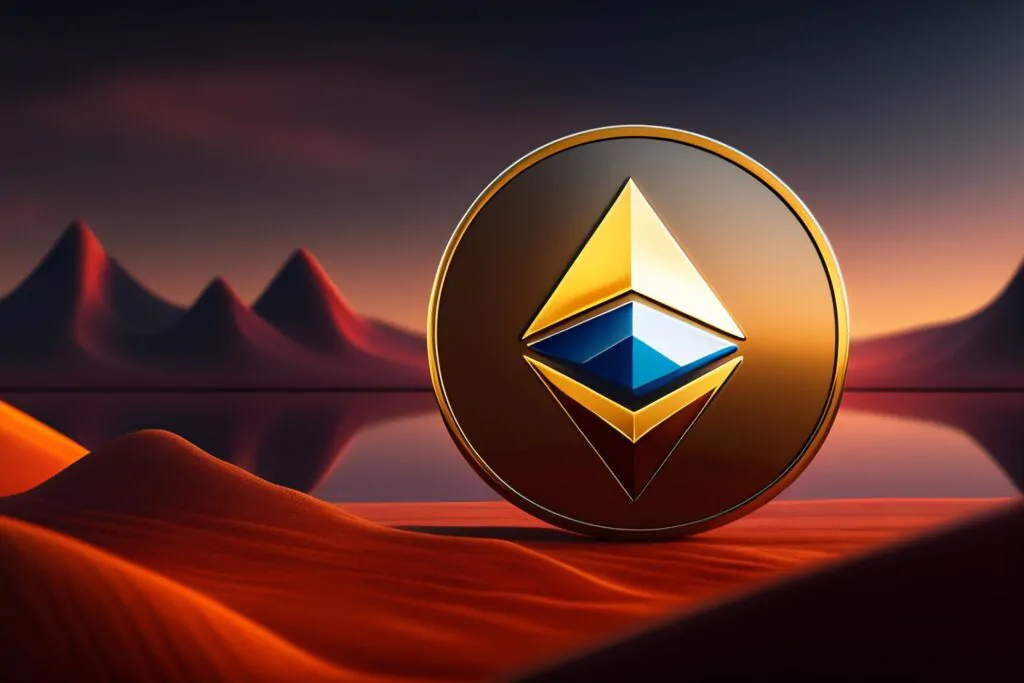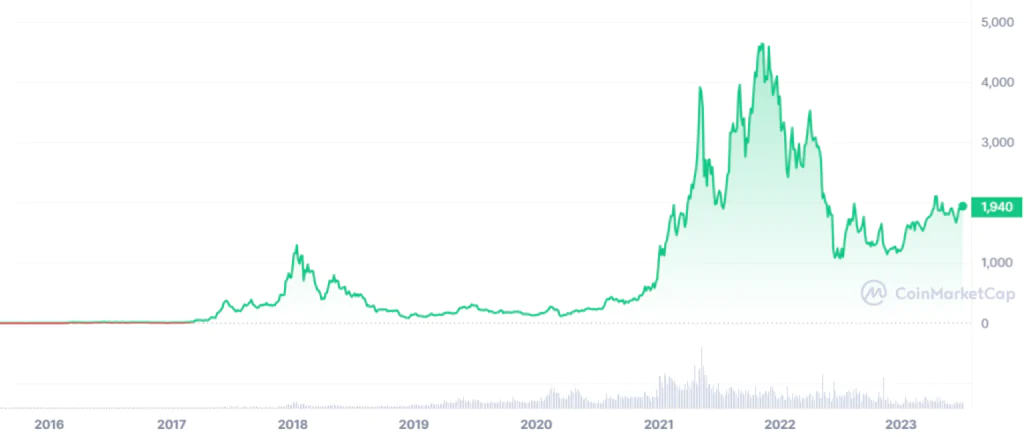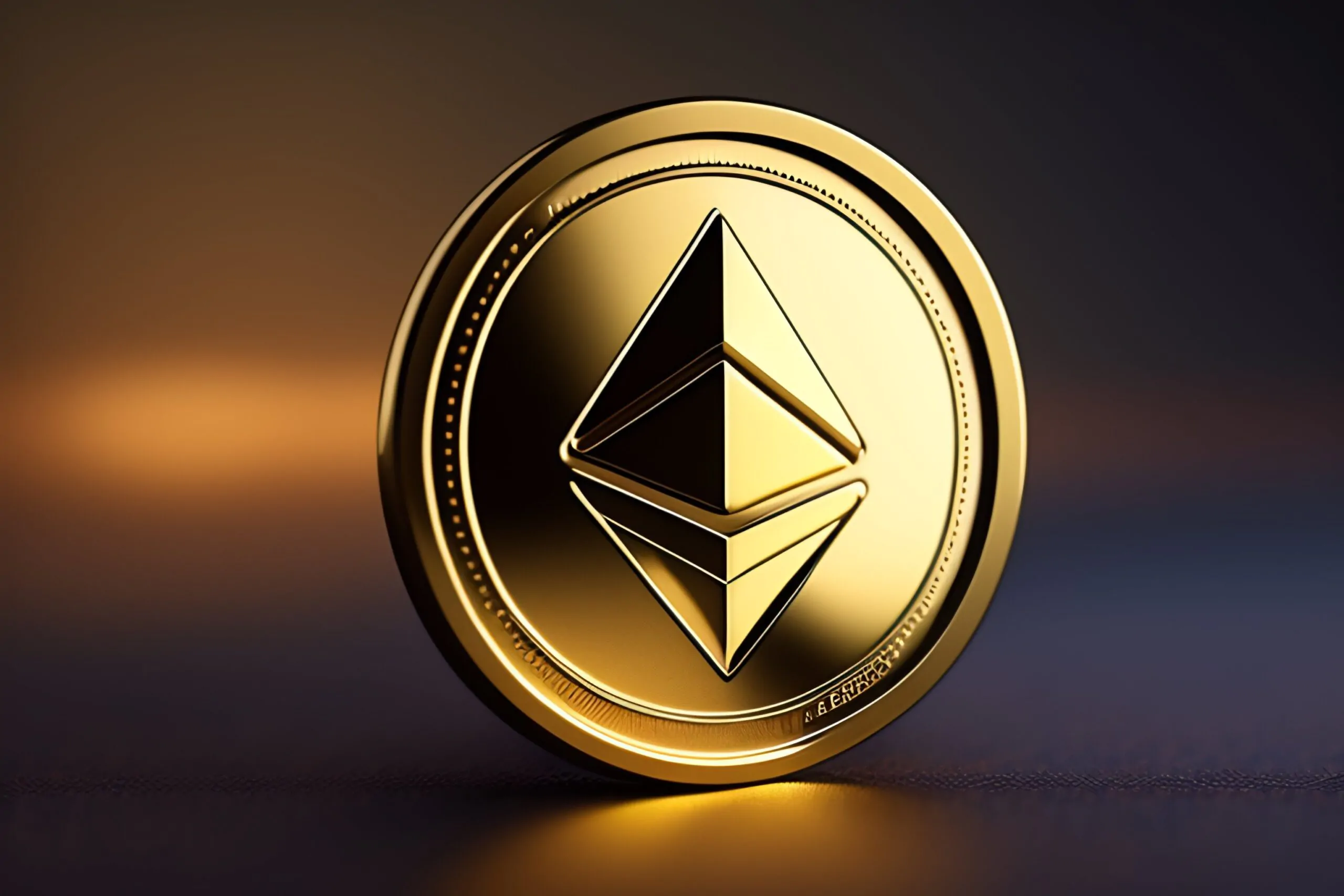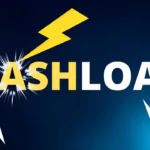1. Introduction to Ethereum Blockchain By BlockchainInFocus
The world of cryptocurrencies has witnessed significant growth in recent years, and one of the most prominent players in this realm is Ethereum. Ethereum is not only a digital currency but also a decentralized blockchain platform that enables the creation and execution of smart contracts and decentralized applications (DApps). In this article, we will explore the Ethereum blockchain, provide detailed information about Ethereum (ETH), and guide you through the process of buying ETH. Ethereum.org
2. The Founding of Ethereum Blockchain
Ethereum Blockchain was conceived by Vitalik Buterin, a Russian-Canadian programmer, in 2013. Buterin aimed to create a decentralized platform that would enable developers to build and deploy smart contracts and decentralized applications (dApps) on the blockchain. His vision was to expand the potential of blockchain beyond cryptocurrencies and bring programmability to the technology. Know more about Vitalik Buterin

3. What is Ethereum (ETH)?
Ethereum (ETH) is a digital currency that operates on the Ethereum blockchain. It is the second-largest cryptocurrency by market capitalization, right after Bitcoin. What sets Ethereum apart is its ability to support smart contracts, which are self-executing agreements with predefined rules and conditions. These contracts eliminate the need for intermediaries and enable secure and transparent transactions.

4. How Does Ethereum Blockchain Work?
The Ethereum blockchain is a decentralized network of computers, known as nodes, that work together to maintain a shared ledger of transactions. Unlike traditional centralized systems, Ethereum’s blockchain is distributed across multiple nodes, ensuring transparency and immutability.
Transactions on the Ethereum blockchain are validated and added to blocks through a process called mining. Miners compete to solve complex mathematical puzzles, and the first one to solve the puzzle gets to add the next block to the chain. This consensus mechanism, known as Proof of Work (PoW), ensures the security and integrity of the Ethereum network. Wikipedia
5. The Importance of Smart Contracts
Smart contracts are the backbone of the Ethereum ecosystem. These self-executing contracts are written in code and automatically enforce the terms and conditions agreed upon by the parties involved. Smart contracts have numerous applications, ranging from decentralized finance (DeFi) protocols to supply chain management and voting systems.
By utilizing smart contracts, Ethereum enables developers to build decentralized applications that operate on the blockchain. These applications, known as DApps, leverage the security and transparency of Ethereum to provide innovative solutions in various industries. Wikipedia

6. Decentralized Applications (DApps) on Ethereum
DApps are applications that run on a decentralized network, such as Ethereum, instead of relying on a central authority. These applications leverage the blockchain’s features, such as immutability, transparency, and censorship resistance, to provide users with enhanced security and control over their data.
There are numerous DApps built on the Ethereum blockchain, spanning various sectors like finance, gaming, and art. Some popular examples include decentralized exchanges like Uniswap, lending platforms like Aave, and non-fungible token (NFT) marketplaces like OpenSea.
7. Buying Ethereum (ETH): Step-by-Step Guide
If you’re interested in buying Ethereum (ETH) and becoming a part of the Ethereum ecosystem, follow these step-by-step instructions:
Step 1: Setting Up a Digital Wallet
Before you can buy Ethereum, you need to set up a digital wallet to store your ETH securely. A digital wallet is a software application that allows you to manage your cryptocurrencies. There are various types of wallets available, including web wallets, mobile wallets, desktop wallets, and hardware wallets. Choose a wallet that suits your needs in terms of security, convenience, and accessibility.
Step 2: Choosing a Cryptocurrency Exchange
To buy Ethereum, you’ll need to find a reputable cryptocurrency exchange that supports ETH trading. Some popular exchanges that offer ETH include Coinbase, Binance, Kraken, and Gemini. Compare the features, fees, and user reviews of different exchanges to make an informed decision.
Step 3: Creating an Account and Verifying Your Identity
Once you’ve chosen an exchange, sign up for an account by providing the required information. Most exchanges will ask you to verify your identity to comply with regulations and prevent fraud. This usually involves submitting a copy of your ID and proof of address.
Step 4: Funding Your Account
After your account is verified, you’ll need to fund it with fiat currency (such as USD, EUR, or GBP) or other cryptocurrencies to buy Ethereum. Follow the instructions provided by the exchange to deposit funds into your account. Remember to consider any fees associated with deposits and withdrawals.
Step 5: Placing a Buy Order for ETH
Once your account is funded, navigate to the trading section of the exchange and search for the ETH trading pair. Specify the amount of ETH you want to buy and review the order details, including the price and fees. When you’re ready, place a buy order, and the exchange will execute it based on the current market conditions.
Step 6: Storing Your ETH Securely
After purchasing Ethereum, it’s crucial to transfer your ETH from the exchange to your personal digital wallet. Leaving your ETH on an exchange poses a security risk as exchanges are susceptible to hacking. Use the withdrawal function on the exchange to send your ETH to the public address of your wallet. Be sure to double-check the address to avoid any mistakes. Detail instructions
8. Tips for Securely Managing Your Ethereum Holdings
To ensure the security of your Ethereum holdings, consider the following tips:
- Keep your wallet software and any associated passwords or recovery phrases updated and secure.
- Enable two-factor authentication (2FA) for an extra layer of security.
- Regularly back up your wallet to an external device or write down your recovery phrase and store it in a safe place.
- Be cautious of phishing attempts and only enter your wallet information on trusted websites.
- Research and implement best practices for securely storing and managing cryptocurrencies.
9. Advantages of Ethereum Blockchain
Ethereum Blockchain offers several advantages that contribute to its popularity and widespread adoption:
- Decentralization: Ethereum operates on a decentralized network, eliminating the need for intermediaries and central authorities.
- Smart Contract Functionality: The ability to execute smart contracts enables the development of innovative applications and automated agreements.
- Diverse Use Cases: Ethereum’s platform is versatile and caters to various industries, including finance, gaming, art, and more.
- Large Developer Community: Ethereum boasts a large and active community of developers who continuously contribute to its growth and improvement.
- Interoperability: Ethereum’s blockchain is compatible with other blockchains, allowing for seamless interaction between different platforms.
10. Disadvantages of Ethereum Blockchain
While Ethereum has numerous advantages, it also faces certain challenges and limitations:
- Scalability: Ethereum’s current Proof-of-Work consensus mechanism limits scalability, resulting in network congestion during periods of high demand.
- Energy Consumption: The PoW algorithm consumes a significant amount of energy, raising concerns about its environmental impact.
- Transaction Fees: Ethereum transaction fees can be high during peak times, making microtransactions less feasible.
- Security Vulnerabilities: Smart contracts on Ethereum are not immune to bugs and vulnerabilities, requiring thorough auditing and testing.
11. Ethereum Price Prediction
2024
- CoinPricePrediction: $3,200
- WalletInvestor: $2,500
- Gov Capital: $7,200
- Digital Capital Management: $2,500
2025
- CoinPricePrediction: $6,500
- WalletInvestor: $4,500
- Gov Capital: $10,760
- Digital Capital Management: $7,630
As you can see, there is a wide range of predictions for the price of Ethereum in 2024 and 2025. However, the general consensus is that Ethereum is likely to continue to grow in value over the next few years.
There are a number of factors that could drive the price of Ethereum higher in the future. These include:
- The continued growth of the decentralized finance (DeFi) ecosystem.
- The development of new decentralized applications (DApps) on the Ethereum platform.
- The success of the Ethereum 2.0 upgrade.
- The increasing adoption of cryptocurrencies by institutional investors.
Of course, there are also some risks that could weigh on the price of Ethereum in the future. These include:
- A prolonged bear market in the cryptocurrency market.
- Regulatory uncertainty around cryptocurrencies.
- Security breaches on the Ethereum network.
Overall, the long-term prospects for Ethereum are very positive. The Ethereum platform is one of the most innovative and promising in the cryptocurrency space, and it is likely to continue to grow in popularity and adoption in the years to come.
It is important to remember that these are just predictions, and the actual price of Ethereum could be much higher or lower. The cryptocurrency market is highly volatile, and there are many factors that could affect the price of Ethereum in the future.

Frequently Asked Questions (FAQs)
- Q: What is the difference between Ethereum and Bitcoin? A: While both are cryptocurrencies, Ethereum is a blockchain platform that supports smart contracts and DApps, whereas Bitcoin primarily serves as digital money.
- Q: Can I buy fractions of Ethereum? A: Yes, Ethereum is divisible, and you can buy a fraction of an ETH.
- Q: Is Ethereum a good investment? A: Cryptocurrency investments come with inherent risks. It’s essential to conduct thorough research and consider your risk tolerance before investing in Ethereum or any other cryptocurrency.
- Q: How do I sell my Ethereum? A: To sell your Ethereum, you can follow a similar process as buying, but instead of placing a buy order, you’ll place a sell order on a cryptocurrency exchange.
- Q: What are gas fees in Ethereum? A: Gas fees are transaction fees paid to miners to process and validate transactions on the Ethereum network. The fees vary depending on networkcongestion and the complexity of the transaction.
- Q: Is Ethereum the only cryptocurrency on the Ethereum blockchain? A: No, Ethereum is the native cryptocurrency of the Ethereum blockchain, but there are also other cryptocurrencies built on the Ethereum platform, known as ERC-20 tokens.
- Q: Can I use any digital wallet to store Ethereum? A: Not all digital wallets support Ethereum. Make sure to choose a wallet that explicitly supports Ethereum (ETH) or ERC-20 tokens.
- Q: Are there any alternatives to Proof of Work (PoW) in Ethereum? A: Yes, Ethereum is currently transitioning to a new consensus mechanism called Proof of Stake (PoS) through the Ethereum 2.0 upgrade. PoS aims to be more energy-efficient and secure.
- Q: Can I participate in Ethereum staking? A: Yes, with the Ethereum 2.0 upgrade, users can stake their ETH to help secure the network and earn rewards.
- Q: Are there any risks associated with buying and holding Ethereum? A: As with any investment, there are risks involved. The cryptocurrency market is highly volatile, and the value of Ethereum can fluctuate. Additionally, there are risks of hacking, regulatory changes, and technological vulnerabilities. It’s important to do thorough research and consider your risk tolerance before investing in Ethereum or any other cryptocurrency.
Conclusion
In conclusion, Ethereum Blockchain has revolutionized the digital landscape with its smart contract functionality and versatile platform. Understanding Ethereum’s technology and its potential for various industries is essential for investors and enthusiasts alike. By following the outlined steps, you can easily buy Ethereum and become a part of this innovative ecosystem. However, it’s crucial to consider the advantages and disadvantages of Ethereum and stay informed about its price predictions, as the cryptocurrency market can be highly volatile. As Ethereum continues to evolve, its impact on the world of decentralized applications and blockchain technology is expected to grow exponentially.
Read more – Blockchain Developer Roadmap 2023 : A Step-by-Step Guide
Read more – Defi Llama 2023: Unlocking the Potential of Decentralized Finance
Read more – The Rise of DeFi 2023: Revolutionizing the Financial Landscape Decentralized Finance











Great, we have to invest in ETH.